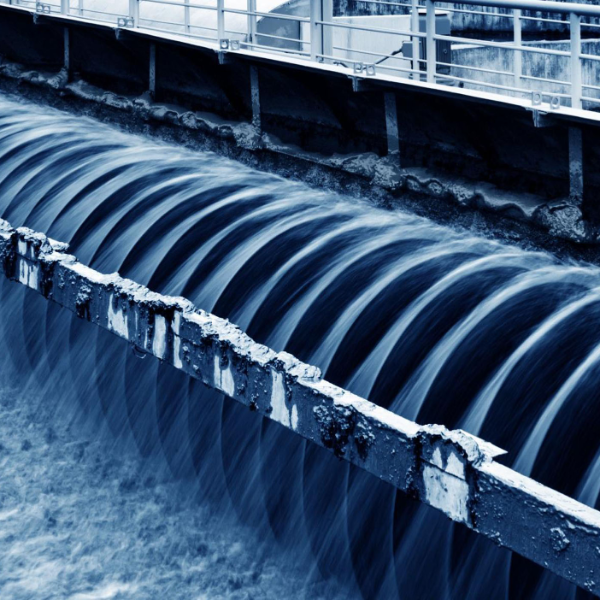Electricity from water
A study into the national potential for 2030 and 2050

Electricity from water
CE Delft and Witteveen+Bos were commissioned by STOWA, Rijkswaterstaat (the Netherlands’ Directorate-General for Public Works and Water Management) and the Ministry of Infrastructure and Water Management, to draw up an inventory of the potential of renewable energy from water for future energy supplies. They also considered the possible effects of sustainable energy production on the water system.
As stipulated in the climate agreement, 70 % of electricity must be generated from sustainable sources by 2030. The supply must be fully sustainable by 2050. More than 10 % of our electricity demand can be met from water. The techniques that can be used immediately and that can make a significant contribution to the objectives for sustainable electricity generation in 2030 are solar PV panels on lakes, and hydropower at weirs near large rivers, streams and watercourses. According to the report, these techniques have a joint societal recoverable potential of about 2 % of national electricity demand by 2030. Flexibility through smart pumping can also be deployed immediately. Several techniques have potential interest but they would need to be scaled up by 2030, for example with pilot projects, to stimulate further technological and/or price developments. Together they have a technical potential of fulfilling around 9 % of the national electricity demand. This involves energy from fresh-saline differences, tidal energy with decay at flood defences, tidal energy with current, wave energy, and offshore solar panels. For flexibility, scaling-up conversion to green hydrogen is promising.
There are also large-scale projects, such as tidal energy with Dynamic Tidal Power and pump storage in a gravity reservoir, with huge technical potential. Of these, there must first be serious research to weigh up the spatial and ecological compatibility. The report, commissioned by the water management authorities, provides a starting point for the ‘Electric energy from water’ roadmap, which Dutch Minister Wiebes promised at the request of the House of Representatives. Together with the energy sector, water sector, knowledge institutes and companies, the roadmap can lead to an investment and innovation agenda.